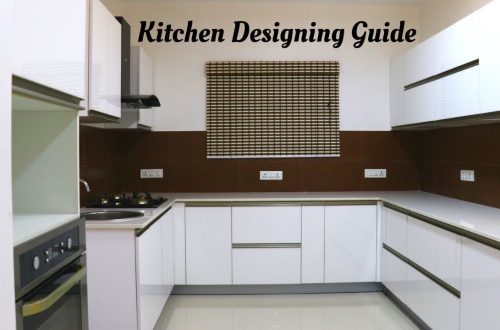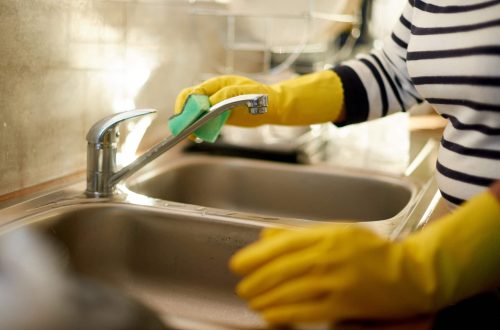The kitchen sink․ It’s the unsung hero of our culinary adventures, the silent witness to countless meals prepped and dishes washed․ But have you ever stopped to wonder just how long this workhorse should actually last? We often take it for granted, but understanding the lifespan of your kitchen sink can save you from unexpected replacements and costly repairs․ Let’s dive into the factors that influence a sink’s longevity and how to make yours last as long as possible․ After all, nobody wants to deal with a leaky or corroded sink sooner than they have to!
Factors Affecting Kitchen Sink Lifespan
So, how long should your kitchen sink last? Well, it’s not a one-size-fits-all answer․ Several factors come into play, influencing whether your sink will be a short-lived disappointment or a long-lasting kitchen companion․ Let’s break down the key elements:
Material Matters: How Sink Material Impacts Lifespan
The material of your sink is arguably the most significant factor determining its lifespan․ Different materials offer varying levels of durability and resistance to wear and tear․ Think about it: a delicate porcelain sink will likely fare differently than a sturdy stainless steel one․
- Stainless Steel: Known for its durability and resistance to rust and stains, a good quality stainless steel sink can easily last 15-30 years or even longer with proper care․
- Cast Iron: These sinks are incredibly durable and can last for decades, often 50 years or more․ However, the enamel coating can chip or crack over time, requiring refinishing․
- Composite Granite: A blend of granite stone dust and resin, these sinks are resistant to scratches, stains, and heat․ Expect a lifespan of 25-30 years․
- Fireclay: Durable and resistant to high temperatures, fireclay sinks can last for 25-30 years with proper care․
- Porcelain: While beautiful, porcelain sinks are more prone to chipping and cracking․ Their lifespan is typically shorter, around 10-20 years․
Usage and Care: Daily Habits and Sink Longevity
How you use and care for your sink plays a crucial role in its lifespan․ Are you gentle with it, or do you treat it like a garbage disposal? Do you regularly clean it, or let grime accumulate? These habits make a big difference․
Pro Tip: Avoid using abrasive cleaners on your sink, as they can scratch the surface and damage the finish․ Opt for gentle, non-abrasive cleaners and soft cloths or sponges․
- Avoid harsh chemicals: Bleach and other harsh chemicals can damage the sink’s surface over time․
- Rinse regularly: Rinse the sink after each use to prevent food particles and grime from building up․
- Use a sink grid: A sink grid protects the bottom of the sink from scratches and dents․
- Address clogs promptly: Don’t let clogs linger, as they can put stress on the drain and plumbing․
Water Quality: The Impact of Hard Water on Sink Life
The quality of your water can also affect your sink’s lifespan․ Hard water, with its high mineral content, can leave unsightly stains and mineral deposits on your sink, potentially leading to corrosion over time․ Consider using a water softener if you live in an area with hard water․
Extending the Life of Your Kitchen Sink
Want to make your kitchen sink last as long as possible? Of course, you do! Here are some tips to help you extend its lifespan and keep it looking its best:
Regular Cleaning: Maintaining Your Sink’s Appearance and Integrity
Regular cleaning is essential for maintaining your sink’s appearance and preventing damage․ A quick wipe-down after each use can go a long way in preventing stains and grime buildup․ But what’s the best way to clean your specific sink material?
Interesting Fact: Did you know that baking soda and vinegar can be a powerful, yet gentle, cleaning combination for many sink materials? Just be sure to test it in an inconspicuous area first!
Preventing Scratches and Dents: Protecting Your Sink’s Surface
Scratches and dents can not only detract from your sink’s appearance but also create areas where dirt and grime can accumulate․ Protect your sink’s surface by using a sink grid and avoiding dropping heavy objects into it․
Addressing Plumbing Issues Promptly: Preventing Water Damage
Ignoring plumbing issues, such as leaks or clogs, can lead to water damage and shorten your sink’s lifespan․ Address any plumbing problems promptly to prevent further damage and costly repairs․ A small drip today could become a major headache (and expense) tomorrow!



